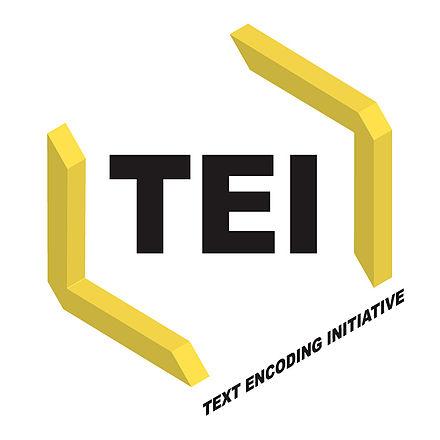
The Text Encoding Initiative markup language, otherwise known as the TEI Guidelines, collectively define an XML format for the encoding of scholarly texts, in particular primary sources in print and manuscript form. The format differs from other well-known open formats for text (such as HTML and OpenDocument) in that it's primarily semantic rather than presentational; the semantics and interpretation of every tag and attribute are specified. Some 500 different textual components and concepts (e.g. word, sentence, character, glyph, person,etc.); each is grounded in one or more academic discipline and examples are given. The The Text Encoding Initiative (TEI) itself is a text-centric community of practice in the academic field of digital humanities, operating continuously since the 1980s. The community currently runs a mailing list, meetings and conference series, and maintains an eponymous technical standard, a journal, a wiki, a SourceForge repository and a toolchain.
